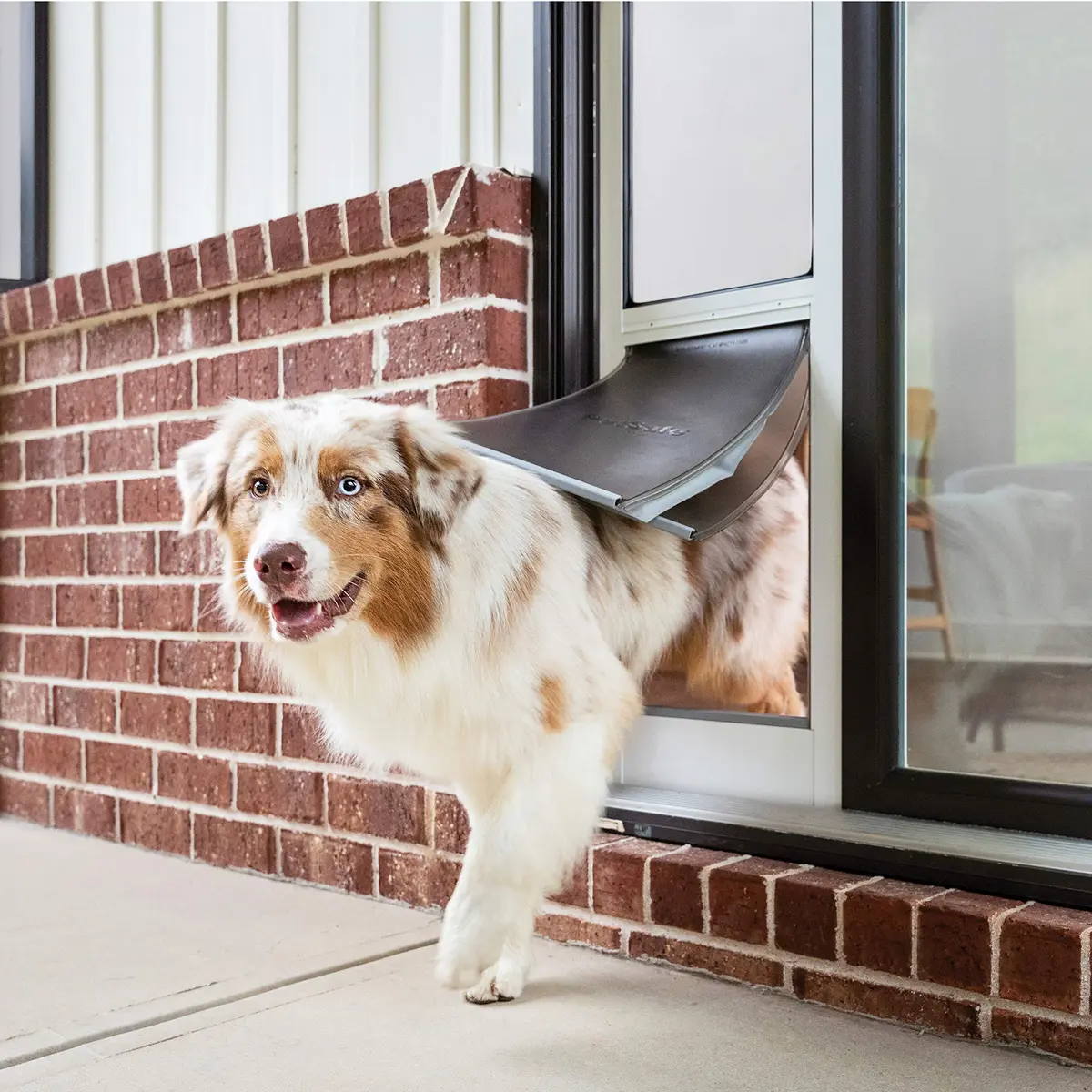If your dog’s snoring rivals a chainsaw at 3 a.m., you’re not alone! Many dog owners wonder why their canine companions snore and if it’s something to worry about. While some level of snoring can be entirely normal, understanding what’s causing it is essential for ensuring your dog’s comfort and health.
What Causes Snoring in Dogs?
Dogs snore for several reasons, ranging from natural anatomical traits to temporary environmental factors. Here’s a look at the most common causes:
1. Breed and Anatomy
Certain breeds, especially brachycephalic (short-snouted) ones like Pugs, Bulldogs, and Shih Tzus, are prone to snoring. These breeds have shortened nasal passages and narrower airways, making them more likely to snore due to airflow restrictions. Their unique anatomy often means that some snoring is simply part of the package.
2. Weight Issues
Extra weight in dogs can lead to an accumulation of fat around the throat, constricting the airways and causing snoring. Dogs carrying excess weight are also at risk for other health conditions, so managing their weight benefits them beyond just quieter nights.
3. Allergies or Poor Air Quality
Dust, pollen, mold, or even artificial scents can irritate a dog’s nasal passages, leading to snoring. This is particularly common in homes with poor air quality or during allergy seasons when pollen levels spike. Some dogs can also develop allergies to dust mites or household cleaners, so using natural cleaning products and air purifiers can be beneficial.
4. Sleep Position
Just like humans, the way dogs sleep can influence whether they snore. Dogs lying on their backs are more likely to snore than those lying on their sides or stomachs. The position affects the tongue and soft tissues in the mouth, making airway obstruction more likely.
5. Age-Related Changes
As dogs age, the muscles around their throat and airways relax, which can lead to snoring. Older dogs, especially those over eight years, may exhibit increased snoring as a result. Although this is natural, it’s essential to monitor their breathing to ensure the snoring isn’t due to more serious issues.
When Should You Worry About Dog Snoring?
While snoring can be perfectly normal for some dogs, there are signs that could indicate a need for a vet visit. Here’s when you should pay closer attention:

- Persistent, Loud Snoring with Labored Breathing: If the snoring is very loud or if your dog seems to struggle while breathing, this could signal an underlying respiratory issue.
- Signs of Sleep Apnea: Some dogs experience sleep apnea, which includes symptoms like choking, gasping, or suddenly waking up as if unable to breathe. Sleep apnea is more common in brachycephalic breeds and overweight dogs.
- Behavioral Changes: If your dog appears more lethargic, irritable, or is napping more than usual, it could be due to disrupted sleep. Snoring can interfere with rest, so if they’re noticeably tired, it’s worth addressing.
How to Reduce Snoring in Dogs
Fortunately, there are plenty of steps you can take to help reduce your dog’s snoring. These strategies focus on both short-term solutions and long-term lifestyle changes that prioritize your pet’s overall well-being.
1. Weight Management
Maintaining a healthy weight is one of the most effective ways to reduce snoring in dogs, especially if they are carrying a few extra pounds. A balanced diet featuring organic, high-quality ingredients can support their health while avoiding common allergens or artificial fillers. Regular exercise is also essential, as it helps to maintain a healthy weight and improve lung function.
2. Improve Air Quality
Air quality plays a significant role in your dog’s respiratory health. Using eco-friendly air purifiers can help remove dust, pollen, and other pollutants that may irritate your dog’s nasal passages. Pet-safe houseplants, such as spider plants or Boston ferns, also help purify the air naturally and are non-toxic to pets. These options support an eco-conscious lifestyle while benefiting your dog’s breathing.
3. Elevate Your Dog’s Head
If your dog tends to snore when lying down, providing a supportive, orthopedic bed can help elevate their head slightly, allowing for better airflow. Look for eco-conscious dog beds made from sustainable materials like organic cotton, recycled fibers, or natural latex. Elevating the head can reduce throat restriction, which may lessen snoring.
4. Regular Vet Check-ups
Routine check-ups are vital for identifying potential respiratory or allergy issues before they become serious. Regular veterinary visits also give you the chance to ask about any changes in your dog’s snoring patterns and ensure that no underlying health issues are causing the problem.
5. Adjust Sleeping Positions
Encouraging your dog to sleep in positions that open the airways, such as lying on their side rather than on their back, can reduce snoring. Using a cozy bed with raised edges may naturally encourage side sleeping, as dogs can nestle into a more supportive, snore-free position.
Natural Remedies to Try
If your dog’s snoring continues despite lifestyle changes, consider trying these natural remedies that can improve respiratory comfort without side effects:
1. Humidifiers with Essential Oils
A humidifier helps keep the air moist, which can alleviate irritation in your dog’s nasal passages, especially in drier environments. Adding a few drops of vet-approved, pet-safe essential oils, like lavender, can offer calming effects. Lavender is soothing for dogs and may help them sleep more soundly.
2. Herbal Supplements (Vet-Approved)
Certain herbal supplements, like chamomile or valerian root, can help soothe mild respiratory irritation and promote relaxation. Always consult with a veterinarian before introducing any supplements, as they can help you determine the appropriate dosage and ensure the product is safe for your dog.

Conclusion
Whether your dog’s snoring is a harmless quirk or a sign of an underlying issue, understanding its causes and knowing how to address it can lead to quieter, more restful nights for everyone. With these eco-friendly, health-focused solutions, you can create a comfortable and supportive environment that reduces snoring and promotes better breathing. By keeping a close eye on their habits, you’re doing everything you can to ensure your furry friend is healthy, happy, and sound asleep.



